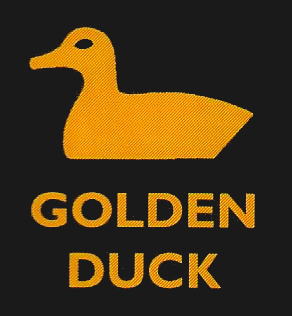Towards the Aegean Sea by Geoffrey Kirk
First, I must express thanks to Sue Ballantine, daughter of Robert and Wendy Ballantine, for lending me this wartime memoir. There is a copy currently available via Abe Books and I’d already felt tempted but at £52 the loan of a copy is welcome. The author was a close friend of the Ballantines from the days of the Levant Schooner Flotilla where Sue’s father commanded LS3. Kirk, who commanded LS 12 (and painted her pastel pink to make her less conspicuous in the Aegean night) was one of the few contributors I identified with confidence from Adrian Seligman’s War in the Islands. (With Keith Ballantine’s help, there are now many more identifications. An article will follow.)
Geoffrey Kirk, later Regius Professor of Greek at Cambridge, contributed the Cambridge Professor’s Tale. He’d completed a single year (1940 – 1941) at Clare College Cambridge ‘when the buff-coloured envelope finally arrived instructing me to report for duty forthwith at HMS Royal Arthur in Skegness’. He was, he remembers, ‘mildly relieved’.
Kirk’s initial training was as an RNVR telegraphist but he was soon recommended as a CW (Commission and Warrant) candidate so was despatched to HMS Ganges to gain the necessary seaman’s training. There was no sailing experience in Kirk’s previous life, though after the war he did buy a small yacht and mentions occasional hair-raising experiences when he returned to some of the locations previously encountered with the LSF.
Its fair to say that he didn’t enjoy HMS Ganges – particularly the final ceremony of climbing the legendary flagpole. One of the strong points of this memoir is its plain speaking. There seems to be little rose-tinted nostalgia here. After Ganges Kirk was posted to the destroyer HMS Hampshire but his excitement at being part of a ‘real ship’ at last soon faded. Six months Atlantic escort duty gave him plenty of opportunity to experience the RN seaman’s mess routines, to form his opinion of the captain and analyse why Hampshire was not a happy or particularly efficient ship. He also witnessed the drowning of one of his friends from Ganges. ‘The day I got ashore was one of the happiest of my life.’
As a CW candidate Kirk then attended HMS King Alfred. His preference then was for service in Coastal Forces to avoid any repetition of the Hampshire experience. After an unfortunate initial posting, Kirk was posted to MGB 673, then nearing completion at Tough Brothers (Teddington). Here he found himself with a CO he could admire, John Barker RNVR ‘a 30-yearold with a lot of yachting experience behind him’ and a congenial navigating officer, the future film director Guy Hamilton. MGB 673 was posted to Dartmouth. Again Kirk finds aspects to criticise as well as admire. I would suggest that this fairly brief section of the memoir would repay attention from historians of Coastal Forces – or ‘Costly Farces’.
Disillusioned after an entirely preventable accident to MGB 673, Kirk took his future into his own hands and made his way to the Admiralty to seek a posting to Greece. ‘I loved the idea of Ancient Greece and to have a hand in liberating its modern successor – all very Byronic in a modified middle-class way.’
His service with the LSF comprises most of the rest of the book, with a final chapter on his postwar return to Cambridge. This is a valuable memoir which should perhaps be more easily available than via the rare copies on the secondhand book market or the generosity of friends. Thank you Sue Ballantine.
RNVR officers mentioned include Robert Ballantine, John Barker, Noel Clegg, Guy Hamilton, Ludovic Kennedy, ‘Nigel’, Frank Ramseyer, Adrian Seligman, Don Smith, Martin Solomon, Alec Thwaites, Allan Tuckey, Bill Toombs, Geoff Whittam,



